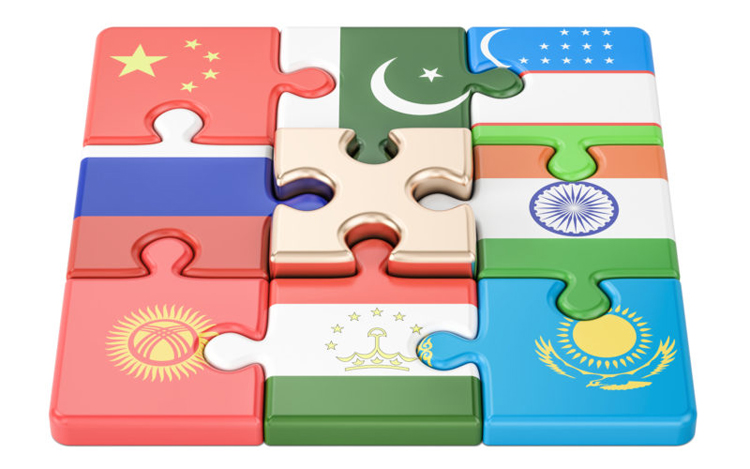September, 14, 2020

The Beijing Swift - By Prof. Samitha Hettige ©
The Shanghai Cooperation Organisation (SCO) held its 2020 Foreign Ministers meeting in Moscow recently. It is a Eurasian political, economic, and security alliance and was created at the turn of the century in Shanghai, China at a gathering of the heads of state of the Peoples Republic of China (PRC), Kazakhstan, Kyrgyzstan, Russia, Tajikistan, and Uzbekistan.
Other than the PRC all other states were former members of the United Soviet Socialist Republics (USSR) and present members of the Commonwealth of Independent States (CIS) formed after the fall of USSR (Ref SCO). There are eight member states including India and Pakistan.
Four states enjoy observer status, six including Sri Lanka, Cambodia and Nepal are dialogue partners, and there are four guest attendances which include the United Nations Organization and the CIS. The SCO is an observer at the UN General Assembly. The United States of America (USA) applied for observer status in the SCO but was rejected in 2005 as they failed to give a clear timetable on withdrawing US forces from the region. The SCO is focused on its Central Asian member nations' security-related concerns according to analysts. These concerns are often described in line with terrorism, separatism and extremism (Ref SCO).
However SCO activities are expanding and becoming far more visible than in the past. Its development related activities within the member states is increasing though. There were views that lack of common funds to implement joint projects hampered practical implementing but with the launch of agencies such as the Asian Infrastructure Investment Bank (AIIB), implementing process have become more efficient.
In late 1980s USSR lead by Russia planned to reform its political and economic systems to keep the fragile union together for a longer period. Since inception Soviet Russia was headed by senior communist party members who have actively participated in the 1917 October revolution. By mid 1980s most of them completed their services to the nation. Appointment of Mikhail Gorbechove to lead the USSR was the first time the world saw a comparatively young leader heading the super power. With Gorbechove at the top they consulted some of their friends in the international arena on their planned reforms. One important member was the PRC. It is recorded that the then leader of PRC Deng Xiaoping had suggested economic reforms first followed by political reforms. Unfortunately USSR introduced all reforms at once and their control over the USSR was lost (Ref. Pearson Centre).
This is a good lesson to countries such as Sri Lanka where we often see confusion on democracy, development and discipline. By being accepted as a dialogue partner at the SOC Sri Lanka has got an opportunity to fortify its position in regional security issues. Opportunities such as this should be used to balance the power struggle we encounter between India and China.
This year marks the 75th anniversary of ending World War II and the formation of the United Nations Organization. The USA will continue to counter the moves by SCO and its members. At the same time SCO members such as India are close to the USA in trade and other equations.
(The writer is an Academic and a Broadcaster. Views expressed are personal and may not necessarily be the views of his affiliations.)
Video Story